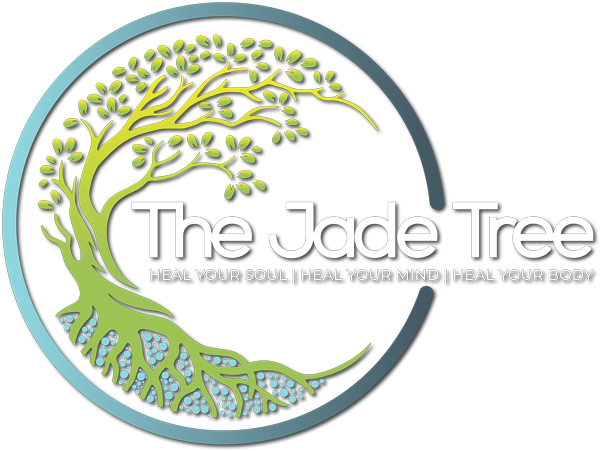
ayurvedic medicine
Ayurvedic medicine is an alternative or complementary form of medicine from India that has been used for thousands of years.
The goal is to cleanse the body and to restore balance to the body, mind, and spirit. It uses diet, herbal medicines, exercise, meditation, breathing, physical therapy, and other methods. It is a type of Complementary and Alternative Medicine (CAM) therapy. Also called Ayurveda. Ayurveda therapies have varied and evolved over more than two millennia. Therapies include herbal medicines, special diets, meditation, yoga, massage, laxatives, enemas, and medical oils. Ayurvedic preparations are typically based on complex herbal compounds, minerals, and metal substances (perhaps under the influence of early Indian alchemy or rasashastra). Ancient Ayurveda texts also taught surgical techniques, including rhinoplasty, kidney stone extractions, sutures, and the extraction of foreign objects.
Ayurvedic practitioners have been using plants, diet, exercise, and lifestyle to treat various conditions for more than 3,000 years, and they consider it a holistic, whole-body healing system. Practitioners base Ayurvedic medicine on the understanding that a unique combination of earth, air, fire, water, and space makes up every person. These elements form three Trusted Source energies, called doshas.
These are:
Vata Dosha
Those who practice Ayurveda believe this is the most powerful of all three doshas. It controls very basic body functions, like how cells divide. It also controls your mind, breathing, blood flow, heart function, and ability to get rid of waste through your intestines. Things that can disrupt it include eating again too soon after a meal, fear, grief, and staying up too late. If vata dosha is your main life force, you’re thought to be more likely to develop conditions like anxiety, asthma, heart disease, skin problems, and
Pitta Dosha
This energy controls your digestion, metabolism (how well you break down foods), and certain hormones that are linked to your appetite. Things that can disrupt it are eating sour or spicy foods and spending too much time in the sun. If it’s your main life force, you’re thought to be more likely to develop conditions like Crohn’s disease, heart disease, high blood pressure, and infections.
Kapha Dosha
This life force controls muscle growth, body strength and stability, weight, and your immune system. You can disrupt it by sleeping during the day, eating too many sweet foods, and eating or drinking things that contain too much salt or water. If it’s your main life energy, practitioners believe you may develop asthma and other breathing disorders, cancer, diabetes, nausea after eating, and obesity.
According to Ayurveda, a person becomes ill due to an imbalance of their doshas, and Ayurvedic practitioners will treat a person by rebalancing these energies. They use herbal medicines, diet, breathing exercises, meditation, physical therapy, and exercise, along with other methods. The goal of Ayurveda is to restore balance to the body, mind, and spirit. Below is a list of 12 common Ayurvedic medicines and their uses:
Ashwaganda
Boswellia
Triphala: Amla Bibhitaki Haritaki
Brahmi
Cumin
Tumeric
Reduce inflammation and improve heart and brain health & memory. Lessons pain. Antioxidant. Helps fight depression. May help prevent cancer.
Licorice Root
Gotu Kola
Help boost memory and reduce stress, anxiety, and depression, as well as improve a variety of skin conditions.
Bitter Meldon
Help lower blood sugar levels and boost insulin secretion. It may also reduce LDL (bad) cholesterol levels.
